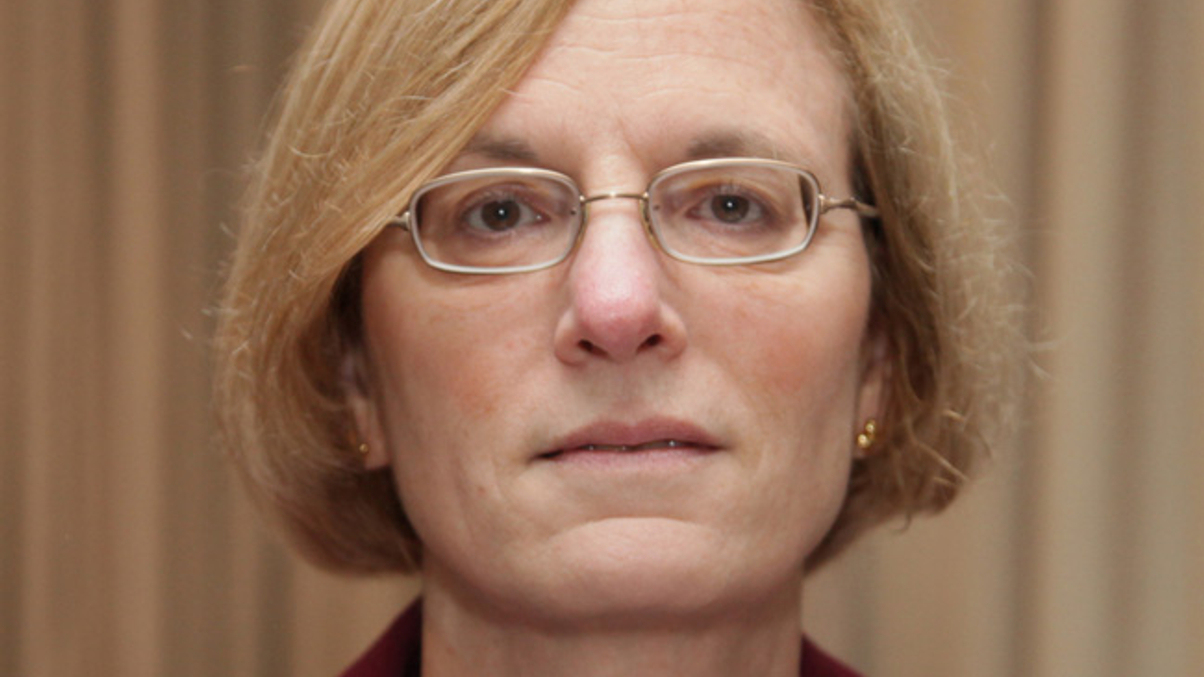I’m open to job offers in Asia, says Deborah Fuhr
The independent ETF strategist talks about the BoA Merrill U-turn, plans for her consultancy and why more retail participation will happen in Asia. And she admits she's waiting for the right job offer.

Deborah Fuhr is busily setting up a London-based consultancy to fill a need for information on the global ETF industry among institutional investors and financial advisers, but confirms she is still open to job offers, including from Asia.
Sign in to read on!
Registered users get 2 free articles in 30 days.
Subscribers have full unlimited access to AsianInvestor
Not signed up? New users get 2 free articles per month, plus a 7-day unlimited free trial.
¬ Haymarket Media Limited. All rights reserved.


